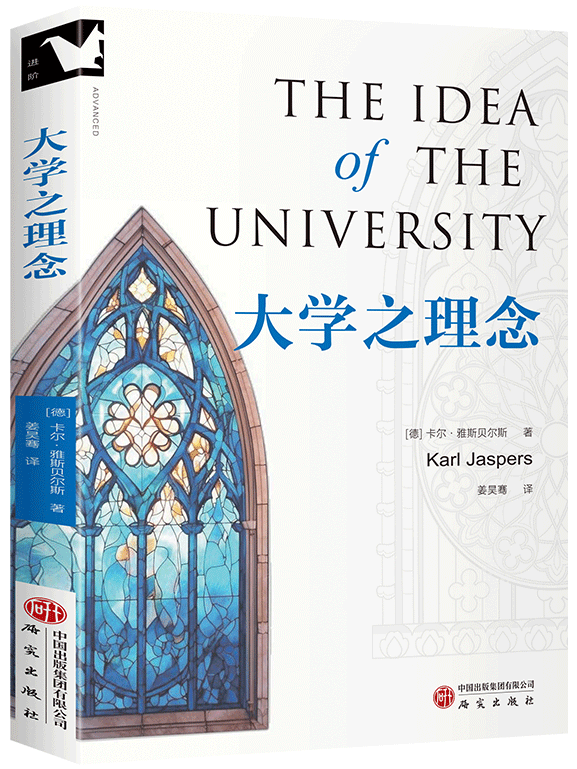
In this book, Karl Jaspers, from the perspective of a philosopher, explores the most profound origins and innermost core of the university's existence. Firstly, he examines the essence of academic activities from a macro perspective, asserting that a university represents a form of realization for intellectual life. Secondly, he shifts his focus to the inherent responsibilities of the university as a collective realization of intellectual life. Finally, he investigates the practical foundations of universities and the impact on their operations. He argues that the university is a community composed of scholars and students who pursue the truth. Students must actively engage in research and gain intellectual training and education from their research experiences, which will accompany them throughout their lives. The foundation of scientific inquiry lies in a thorough will to know. Science will not enter the life of those who study painfully merely to pass exams or acquire vocational skills; knowledge is made vibrant by true scientists. The mission of the university is to bear the intellectual conscience of an era, and the state must strictly adhere to the boundaries of its role as a mere overseer. For Chinese readers, this book is of great significance in the current context. For new students entering university, it answers questions such as what a university is, the ideals behind its establishment, and why one should attend university. This book is also thought-provoking for university teachers and administrators in China today.
